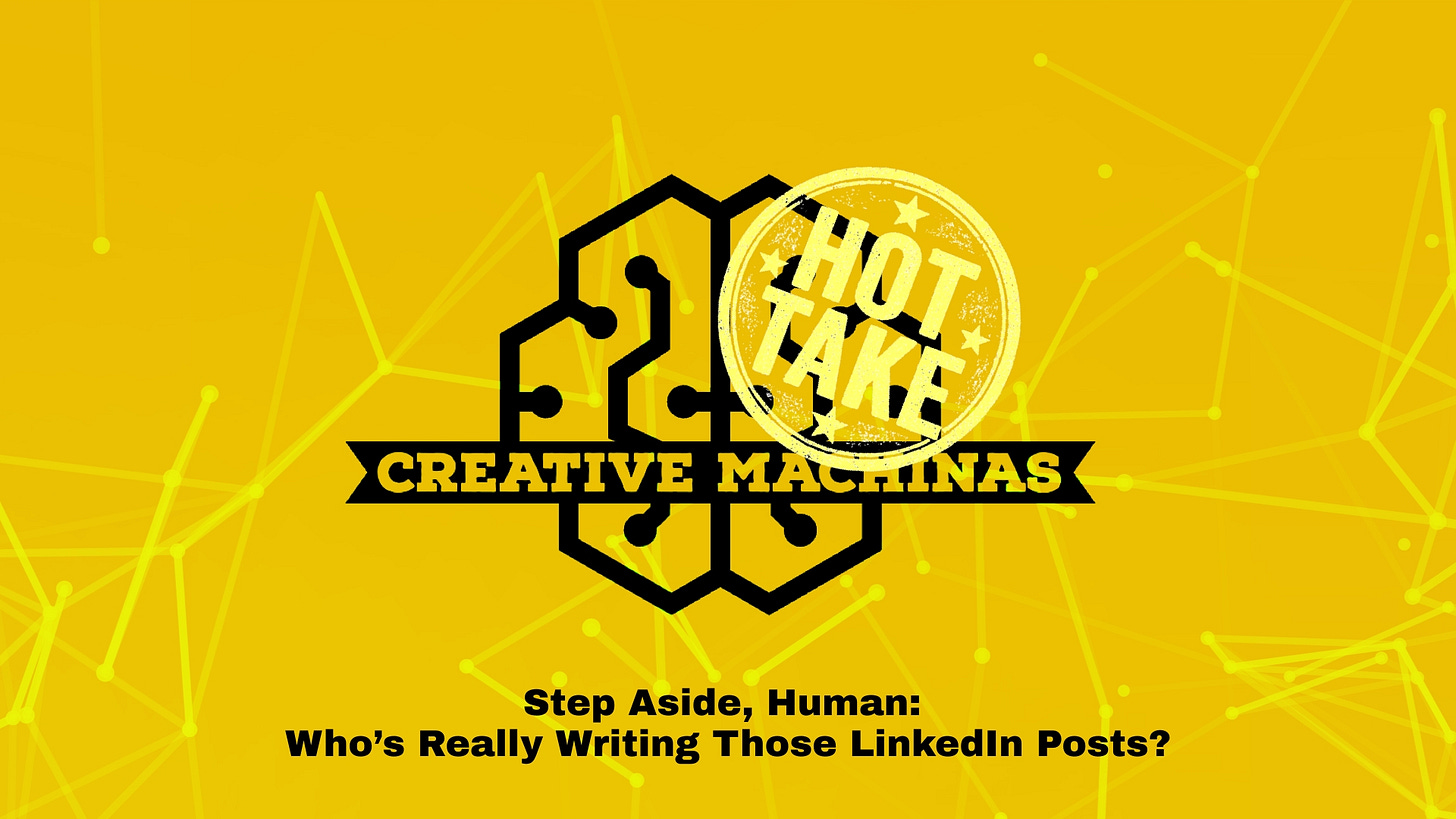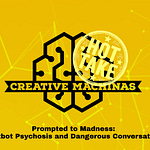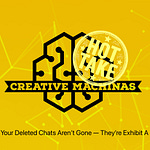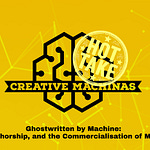LinkedIn is becoming an AI wasteland. Let’s reclaim it for humans
AI-generated posts and cookie-cutter “Great insights!” comments are flooding LinkedIn, warns AI trainer Leanne Shelton, turning a once-vibrant networking hub into a sterile bot-to-bot echo chamber. Shelton isn’t anti-AI; she’s anti-outsourcing-your-voice. Tools like ChatGPT can be used to brainstorm, tidy drafts, and spark ideas, but handing them the mic strips out the personal stories, vulnerability, and genuine insight that forge real connections. Her fix: keep AI backstage as a glamorous assistant while you take centre-stage. Read the post you’re replying to, add a lived experience, ask if the words could have come from anyone, and always layer back your perspective before hitting “publish.” The power of LinkedIn, she argues, lies not in volume but in authentic human value—something no algorithm can replicate. (via Mumbrella)
Hot Take
The rise of AI-generated content on professional platforms like LinkedIn signals a troubling turn toward algorithmic convenience over authentic human communication. What once was a space for sharing nuanced professional experiences and insights is increasingly being flooded with generic, optimised outputs that reek of artificial polish but lack genuine voice. This isn’t merely a stylistic shift; it's a structural one—users are not just using AI to enhance their posts, they are outsourcing the entire act of writing. The result is a sea of interchangeable posts, all playing the same engagement-optimisation game, where meaning is secondary to metrics.
This phenomenon also highlights a more existential concern: the delegation of agency. When AI begins suggesting, rewriting, and eventually auto-publishing on a user’s behalf, the user risks becoming a passive bystander to their own digital presence. The metaphor raised in the conversation—letting a robot walk into a networking event with your name tag—is apt and alarming. It speaks to a disconnection not just from content, but from consequence. What happens when your digital twin says something tone-deaf, controversial, or simply bland? If people no longer know—or care—what they’re saying online, then the idea of identity, reputation, and trust becomes a hollow performance orchestrated by machines.
And yet, this trajectory isn’t inevitable. The core issue lies not in the tool itself, but in how we choose to engage with it. AI, when used with intention and discernment, has the power to act as a “glamorous assistant”—one that fills in gaps, reveals patterns, and sharpens thinking. The hybrid model, where human creativity and machine efficiency co-author content, offers a compelling future. But that model demands effort, attention, and, most importantly, presence. If we hope to preserve the integrity of professional discourse and reclaim our voices in the process, we must resist the temptation to hand over the reins completely. The goal is not to silence AI, but to ensure it remains a collaborator, not a substitute.
Why It Matters
The growing reliance on AI to generate content—particularly on professional platforms like LinkedIn—matters because it erodes the authenticity, accountability, and human nuance that form the foundation of meaningful communication. When individuals hand over authorship to machines, they dilute their own voice, values, and visibility in the professional sphere. This shift risks creating a feedback loop where engagement metrics reward conformity and superficiality, further incentivising automated outputs over thoughtful contributions. If left unchecked, we may find ourselves in a digital ecosystem where real human insight is drowned out by algorithmically generated noise—blurring the line between presence and absence, authorship and automation. At a societal level, this has implications not just for trust and communication, but for how we define professionalism, credibility, and even identity in an AI-mediated world.
» Listen to the Full Podcast Episode at the Top














